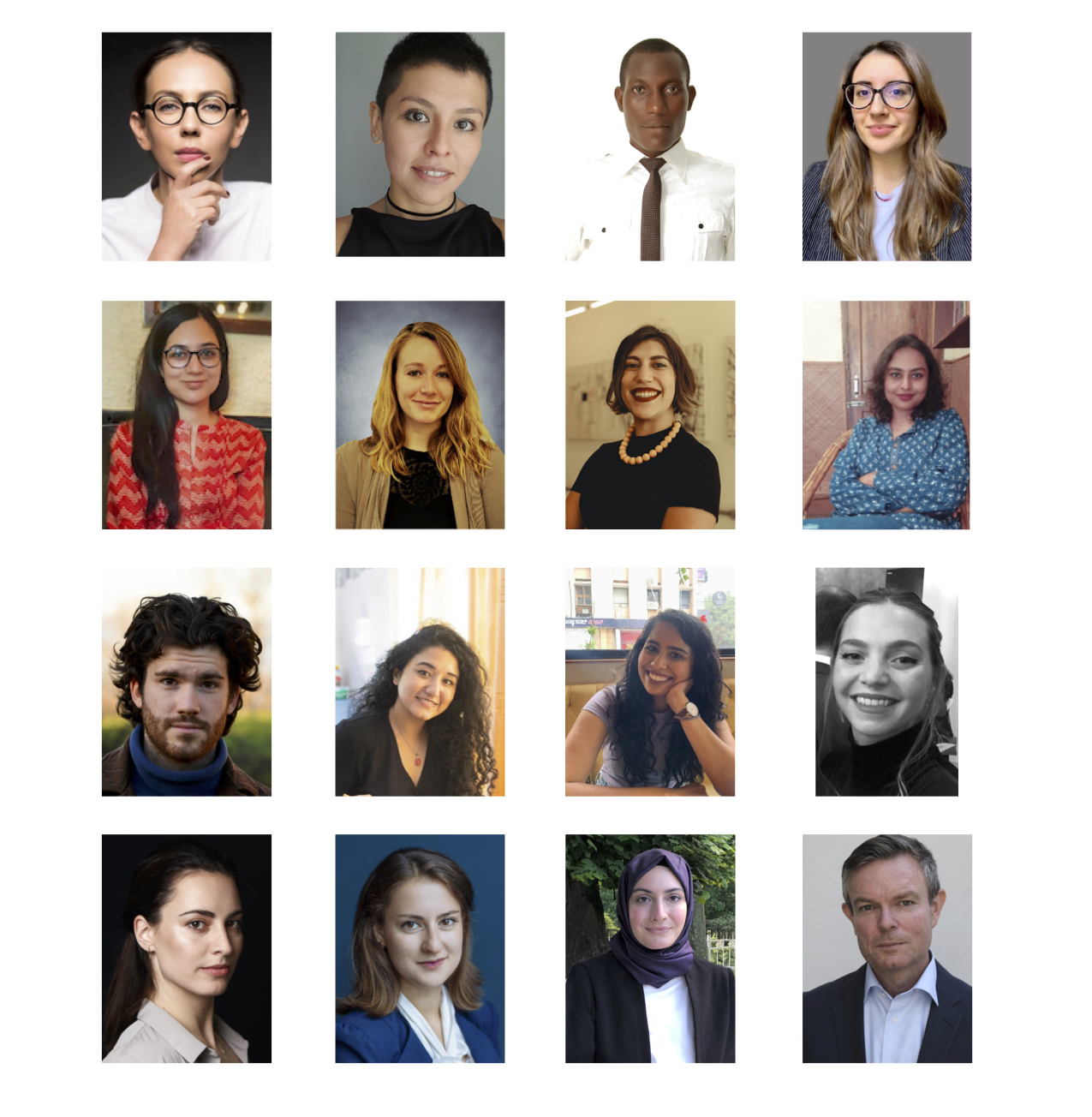
Lumen Database Leads Research Sprint Exploring Best Practices For Transparency around Online Content Takedowns
Global cohort of scholars, professionals, and civil society representatives consider norms and regulations for removal of online content
The Berkman Klein Center's Lumen Database is launching a nine-week research sprint to investigate potential improvements to the principles and practices that inform transparency regarding takedowns of online content. The "Takedowns and Transparency Research Sprint: Global Norms, Regulation and the Nature of Online Information" cohort consists of academics, professionals, and activists with expertise in law, technology, public policy, design engineering, ethics, and other disciplines. Participants are situated in a dozen different national jurisdictions across Europe, North America, South America, the Middle East, and South Asia.

The Sprint focuses on the global notice and takedown environment from a multi-stakeholder and multi-jurisdictional perspective. Participants will develop knowledge of content takedown transparency practices online, particularly "notice and takedown" procedures and the issues surrounding them, while also gaining access to a new network of peers from around the world. They will work collaboratively among themselves and with external experts to generate draft guidance on both the procedural and substantive elements of transparency best practices in online content takedown contexts.
Cohort members will deepen their understanding of the development of best practices through analysis of similar efforts in other internet governance contexts. Areas of consideration will include processes for stakeholder selection and group formation, sustainability, and enforcement mechanisms. Research Sprint participants will also document insights and lessons derived from their own attempts at drafting best practices. This work will serve as a foundation for future policy discussions guided by Lumen on takedown transparency.
“Takedowns and Transparency Research Sprint: Global Norms, Regulation and the Nature of Online Information” is the latest in a series of similar efforts. The sprint model—developed at BKC in collaboration with numerous partners—incubates a community of burgeoning experts committed to collaboratively tackling difficult tech policy problems and enables the rapid development of new research ideas and policy ideation. We are excited to continue this work with Lumen Database, BKC’s longest-running project, through the generous support of Arcadia, a charitable fund of Lisbet Rausing and Peter Baldwin.
Participants
 Tavishi Ahluwalia
Tavishi Ahluwalia
India
Centre for Communication Governance
National Law University, Delhi
 Snigdha Bhatta
Snigdha Bhatta
Nepal/Singapore
National University of Singapore
 Kelsey Burhans
Kelsey Burhans
United States
Harvard GSD/SEAS
 Inika Serah Charles
Inika Serah Charles
India
National Law University, Jodhpur
 Stacey Chuvaieva
Stacey Chuvaieva
Ukraine/United States
Harvard University, LLM program
 Charles Culioli
Charles Culioli
France
Sciences Po Paris
 Alice de Perdigão Lana
Alice de Perdigão Lana
Brazil
InternetLab - Independent Research Center
 Femi Gbolahan
Femi Gbolahan
Nigeria/Canada
Whitestone Solicitors LP
 Christine Jakobson
Christine Jakobson
Germany/United Kingdom
University of Cambridge
 Cielito Saravia Gutierrez
Cielito Saravia Gutierrez
Bolivia
InternetBolivia.org Foundation
 Torsha Sarkar
Torsha Sarkar
India
Centre for Internet and Society
 Sivanne Shalev
Sivanne Shalev
Israel
ActiveFence
 Eren Sözüer
Eren Sözüer
Turkey
Istanbul University Faculty of Law
 Gavin Sullivan
Gavin Sullivan
United Kingdom/United States
International Human Rights Law, Edinburgh Law School
The University of Edinburgh
 Berdien Bernarda Erika van der Donk
Berdien Bernarda Erika van der Donk
Netherlands/Denmark
Copenhagen Business School
Copenhagen University
 Alessia Zornetta
Alessia Zornetta
Italy/Canada
McGill University
(Header photo by Joel Filipe via Unsplash.)
